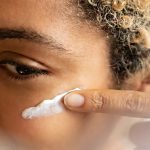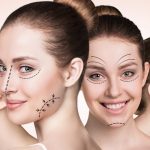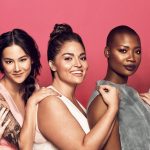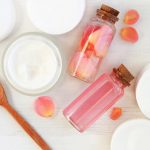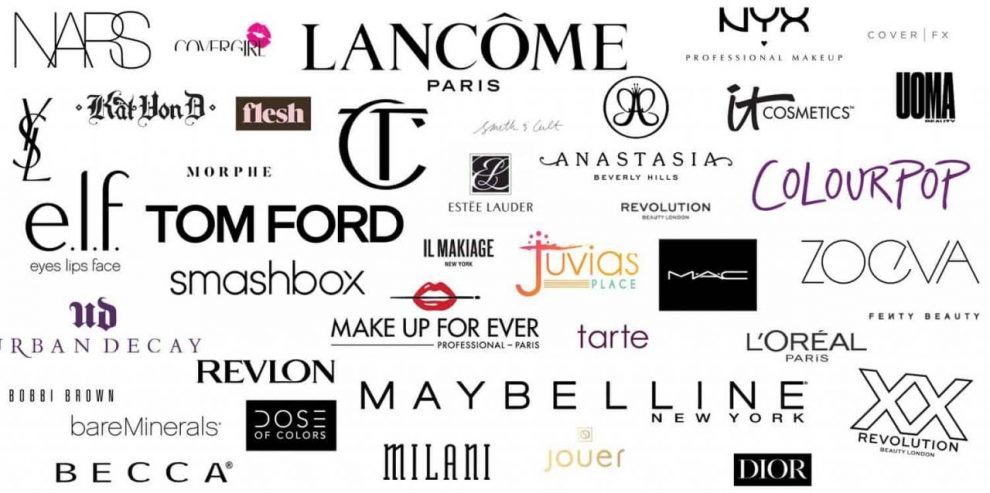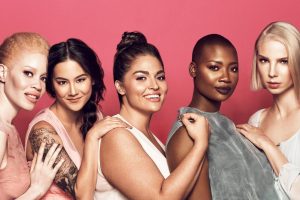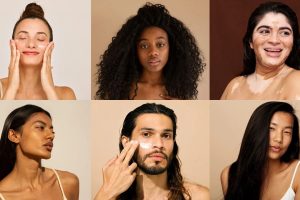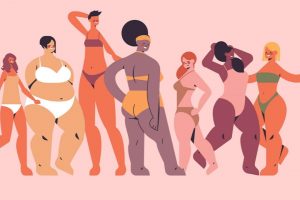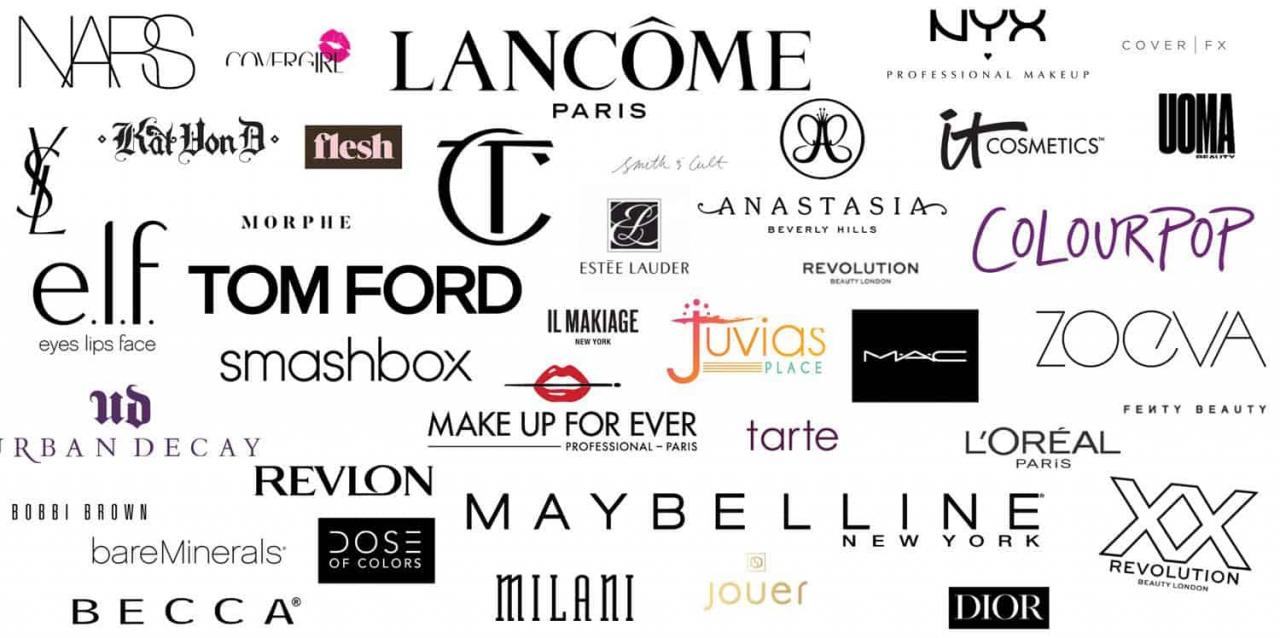
Introduction
In recent years, there has been a growing awareness and demand for diversity and inclusivity in the beauty industry. While progress has been made, there is still a long way to go in ensuring that makeup brands cater to a wide range of skin tones, ethnicities, and gender identities. Inclusivity goes beyond just offering a few token shades; it is about embracing and celebrating the beauty of all individuals. In this article, we will explore the need for more inclusive makeup brands, incorporating existing technologies and real-life examples. From shade ranges to marketing campaigns, let’s delve into the importance of beauty diversity and the positive impact it can have on individuals’ self-expression and self-esteem.
I. The Importance of Beauty Diversity
Beauty diversity is about recognizing and embracing the uniqueness of individuals and celebrating their beauty in all its forms. Here are some key reasons why it is crucial to promote beauty diversity in the makeup industry:
- Representation and Inclusivity Beauty should be inclusive and representative of all races, ethnicities, genders, and ages. When individuals see themselves represented in makeup brands, it fosters a sense of belonging and empowers them to embrace their own beauty.
- Self-Expression and Confidence Makeup is a powerful tool for self-expression. By offering a diverse range of shades and products, makeup brands enable individuals to explore and celebrate their unique features, enhancing their self-esteem and confidence.
- Breaking Stereotypes and Challenging Norms Embracing beauty diversity challenges societal norms and stereotypes, promoting acceptance and equality. It encourages conversations about the importance of diversity in the beauty industry and beyond.
II. Inclusive Shade Ranges: More Than Just a Token
One of the most significant steps towards inclusivity in the makeup industry is offering shade ranges that cater to a diverse range of skin tones. Here’s why inclusive shade ranges are essential:
- Recognizing the Beauty of All Skin Tones Inclusive shade ranges acknowledge the beauty and diversity of all skin tones, from the fairest to the deepest. They ensure that everyone has access to makeup products that complement their skin tone, without having to settle for inadequate or ill-fitting shades.
- Avoiding Tokenism and Exclusivity Inclusive shade ranges go beyond offering a few token shades. They ensure that a wide range of undertones, depths, and variations are represented, avoiding the exclusion of any particular group.
- Collaboration and Input from Diverse Voices To create truly inclusive shade ranges, it is essential for makeup brands to collaborate with diverse voices and communities. This ensures that products are developed with an understanding of the unique needs and preferences of different individuals.
III. Authentic Representation in Marketing Campaigns
Authentic representation in marketing campaigns is another crucial aspect of promoting beauty diversity. Here’s why it matters:
- Celebrating Real People and Stories Authentic representation showcases real people and their unique stories, highlighting the beauty and diversity that exists in everyday life. It allows individuals to see themselves reflected in beauty campaigns and feel valued and seen.
- Challenging Beauty Standards and Norms Representation in marketing campaigns challenges traditional beauty standards and norms, promoting a more inclusive and accepting society. It broadens the definition of beauty and encourages individuals to embrace their own unique features.
- Collaborating with Diverse Models and Influencers Makeup brands can collaborate with diverse models and influencers who embody different beauty ideals. This not only allows for authentic representation but also promotes a sense of empowerment and inclusivity.
Real-Life Examples and Celebrity Quotes
- Rihanna, Founder of Fenty Beauty “Inclusivity is important because it’s about women everywhere feeling like they can be a part of this brand.”
Rihanna’s Fenty Beauty is widely celebrated for its commitment to inclusivity. The brand offers a diverse range of foundation shades, challenging the status quo and setting a new standard for beauty diversity.
- Nyma Tang, Beauty Influencer “Representation is not just about showing people of different skin tones, it’s about showing them in the same light as everyone else.”
Nyma Tang, a beauty influencer known for her “The Darkest Shade” series, advocates for true inclusivity in the beauty industry. She emphasizes the importance of equal treatment and representation, ensuring that individuals of all skin tones are valued and celebrated.
- Danessa Myricks, Makeup Artist and Brand Founder “Diversity is about the beauty of being different and accepting everyone’s unique attributes as beautiful.”
Danessa Myricks, a renowned makeup artist and founder of Danessa Myricks Beauty, emphasizes the beauty of diversity and the importance of acceptance. Her brand celebrates beauty in all its forms and encourages self-expression for all individuals.
Conclusion
Promoting beauty diversity and inclusivity is an ongoing journey for the makeup industry. By offering inclusive shade ranges, embracing authentic representation in marketing campaigns, and collaborating with diverse voices, makeup brands can foster a sense of belonging, self-expression, and confidence for individualsof all backgrounds. Real-life examples from Rihanna, Nyma Tang, and Danessa Myricks inspire us to strive for greater inclusivity and challenge beauty norms. The need for more inclusive makeup brands goes beyond just offering a diverse range of products; it is about creating an environment where everyone feels valued, seen, and celebrated. As we move forward, let us champion beauty diversity, break down barriers, and create a more inclusive beauty industry that embraces the beauty of all individuals.

